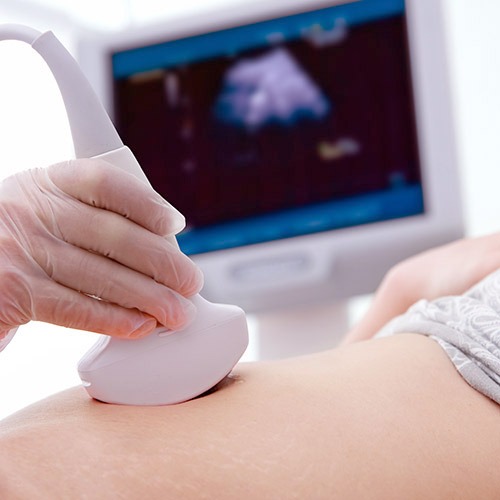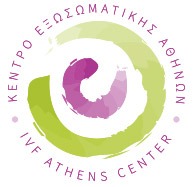
Ovulation Monitoring
Very often in IVF programs we do not administer drugs to stimulate the ovaries but proceed in a natural cycle, in which we monitor the normal oocyte maturation process that takes place in every menstrual cycle.
The natural cycle is an alternative for many occasions such as:
- Women who do not wish or are not allowed to take medication for ovarian stimulation
- Women with secondary infertility (ie they already have a child) and do not wish to create several embryos.
- The ovaries have not responded properly in previous IVF attempts following medication
- Women with a history of multiple IVF failures or miscarriages
- Women with advanced age or with a history of poor quality embryos in prior attempts, after stimulation of multiple follicles.
Although IVF in a natural cycle has often proved valuable, however, we should note that it is actually the development of a single egg and consequently the development of a single embryo, thereby reducing the chances of pregnancy if the fertilized egg is not divided properly.
For that reason, in the IVF Center Athens, we proceed in two directions when performing IVF in natural cycle. If the conditions are very encouraging (endometrial thickness, morphological assessment of fetus, medical history etc) we proceed to the embryo transfer.

Otherwise, we collect a sufficient number of fertilized ova (after a sufficient number of natural cycles) which are cryopreserved. Then, after appropriate endometrial preparation, we proceed to thawing the fertilized ova and embryo transfer with 3-4 embryos maximum (depending on the age of the woman), thus increasing chances of achieving pregnancy.
This technique has given the IVF Center Athens many valuable pregnancies, especially in women over 40, where previous IVF attempts had failed!
Frequently Asked Questions about
Natural Cycle
What is IVF in a natural cycle?
Very often, in IVF programs, medication is not administered for ovarian stimulation but we proceed to the natural cycle; that is, we observe the natural process of the ovum/egg maturation which happens in every menstrual cycle, by use of ultrasound and hormonal testing. When the egg follicle reaches the desired size, egg harvesting follows and the fertilization process in-vitro (in the laboratory) comes next, just as in the IVF cycle.
When do we do IVF in a natural cycle?
The natural cycle is an alternative solution in many cases:
⦁ In women who do not wish or are not allowed to be administered medication for ovarian stimulation
⦁ In women with secondary infertility (that is they have already had a child in the past) and do not want the development and creation of many embryos
⦁ In a history of multiple failed IVF attempts or abortions
⦁ In women of advanced age or with a history of development of poor quality embryos in previous attempts
What is the cost of a natural cycle IVF?
Compared to a full IVF protocol, the IVF in a natural cycle has a considerably lower therapy cost, since the amount of medication required in a natural cycle is significantly reduced and most likely this happens in the laboratory costs as well (supplies etc.).
What are the advantages of a natural cycle IVF?
Continuously increasing success rates: with the individualization of each case, we are in a position to achieve “valuable” pregnancies; especially in women aged over 40 years old.
It is a more “natural” alternative solution to an IVF cycle. It does not involve medication and therefore, there is no possibility of side effects such as Ovarian Hyperstimulation Syndrome and in addition, there are reduced possibilities for multiple pregnancies.
There is considerably reduced cost of therapy.
The process can be repeated in continuous cycles, without the waiting period that is often required between the usual IVF cycles.
We are here to answer any questions and discuss with you.




